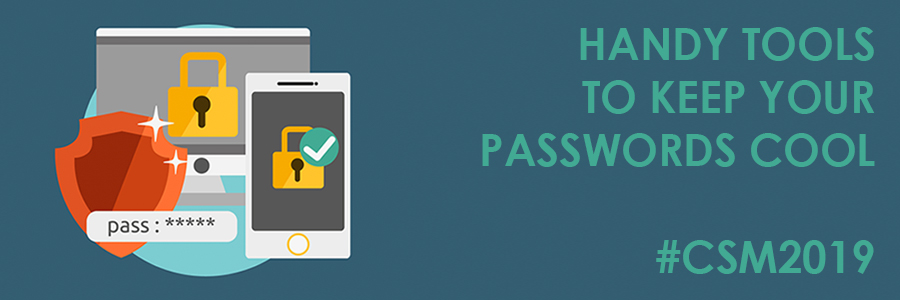
Last week, we discussed how easily people share passwords – with Thandi’s story illustrating what could go wrong. You may think that you are sharing your password with just one person, but soon, Mark, Byron, Thabo, and Melissa all have access to your student account without you even knowing about it.
These kinds of incidents can also lead to more serious repercussions such as losing money, failing your academic studies, or even being expelled or fired.
So, while it may not seem like a big deal, things can get ugly – especially if your details are used to download illegal content, or to access information that you should not be accessing. Remember that if your login details are used, your details will appear on the logs. Nobody will have a record of the person who committed the crime.
So, you may want to think twice about sharing your password – or even writing it down on a post-it for anyone to see.
Password management tool
One of the most popular ways to secure your password is to use a password manager. Various options are available, each with its own security measures.
Think of a password manager as a vault that only you have access to. You can use it to store your login details for online accounts, websites, and various services that you use. If you are not feeling creative enough to create your own complex password, then a password manager can help you with that, too. It generates unique, strong passwords, meaning you don’t have the same password for multiple accounts.
Some password managers even automatically complete online forms with your personal information, but some security experts recommend that you rather opt out of this option.
Additionally, some password managers also allow you to use one password manager on multiple devices so that you can stay secure on the go. By opting to use this method, you only have to remember one long password.
Check out these lists of recommended password managers for 2019, and see which best suits your needs:
